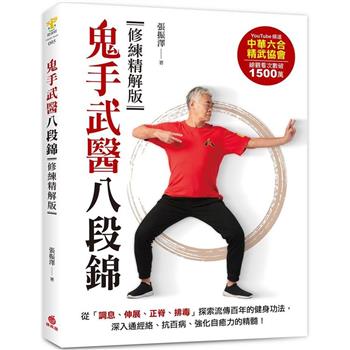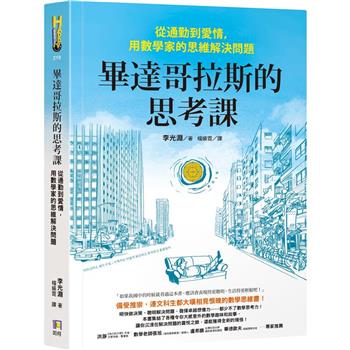This book is about the respective roles of intuition and reasoning in ethics. It responds to a number of well-known philosophers and psychologists, and proposes a new perspective - radical in its moderation. It examines in depth the work of the philosopher Joshua Greene and the psychologist Jonathan Haidt. With the so-called empirical turn in ethics, much work has been done to try to isolate the role of reason and intuition in forming our moral judgements, with Haidt and Greene leading the research programmes and attracting much of the professional and public attention, and many others following. The current view - shared by both camps - is that intuition is largely the driver of our moral judgements - a view summed up in Haidt’s slogan ’intuition first, strategic reasoning second’. Haidt believes we have to live with this and accept it. Greene does not: he contends that our intuitions, while suitable for the environments in which we evolved, are worthless in the modern, global, technological age, and to avoid ethical disaster we must learn to adopt reason as the arbiter of moral truth. This book steers a middle course between these two positions and is therefore of great interest to philosophers and psychologists alike.
| FindBook |
有 1 項符合
Intuitively Rational: How We Think and How We Should的圖書 |
 |
Intuitively Rational: How We Think and How We Should 作者:McGee 出版社:Springer 出版日期:2024-04-09 語言:英文 規格:精裝 / 普通級/ 初版 |
| 圖書館借閱 |
| 國家圖書館 | 全國圖書書目資訊網 | 國立公共資訊圖書館 | 電子書服務平台 | MetaCat 跨館整合查詢 |
| 臺北市立圖書館 | 新北市立圖書館 | 基隆市公共圖書館 | 桃園市立圖書館 | 新竹縣公共圖書館 |
| 苗栗縣立圖書館 | 臺中市立圖書館 | 彰化縣公共圖書館 | 南投縣文化局 | 雲林縣公共圖書館 |
| 嘉義縣圖書館 | 臺南市立圖書館 | 高雄市立圖書館 | 屏東縣公共圖書館 | 宜蘭縣公共圖書館 |
| 花蓮縣文化局 | 臺東縣文化處 |
|
|
內容簡介
作者簡介
Charles Foster is a Fellow of Exeter College, University of Oxford, a Senior Research Associate at the Uehiro Institute of Practical Ethics within the Faculty of Philosophy at the University of Oxford, and a Visiting Professor at the Oxford University Law Faculty.He too has published widely in leading philosophy and law journals. Previous books include, amongst many others, Being a Human (Profile and Henry Holt, 2021), The Law as a Moral Agent: Making people good (Springer, 2021, with Jonathan Herring), Human Thriving and the Law (Springer, 2018, with Jonathan Herring), Identity, Personhood and the Law (Springer, 2017, with Jonathan Herring), Being a Beast (Profile and Henry Holt, 2016), Altruism, Welfare and the Law (Springer, 2015, with Jonathan Herring), Human dignity in bioethics and law (Hart, 2012), Choosing Life, Choosing Death: The tyranny of autonomy in medical law and ethics (Hart, 2009), and The Selfless Gene (Hodder, 2008).
Andrew McGee is Associate Professor in law at Queensland University of Technology. He holds a PhD in philosophy from the University of Essex. Before joining QUT, he completed a post-doctoral research fellowship in philosophy at University College Dublin. His main research interests are in the realm of bioethics. He has published widely on ethical issues in leading peer reviewed philosophy and ethics journals including Metaphilosophy, Philosophy, Psychiatry & Psychology, Journal of Medicine and Philosophy, and the Journal of Medical Ethics.
|











